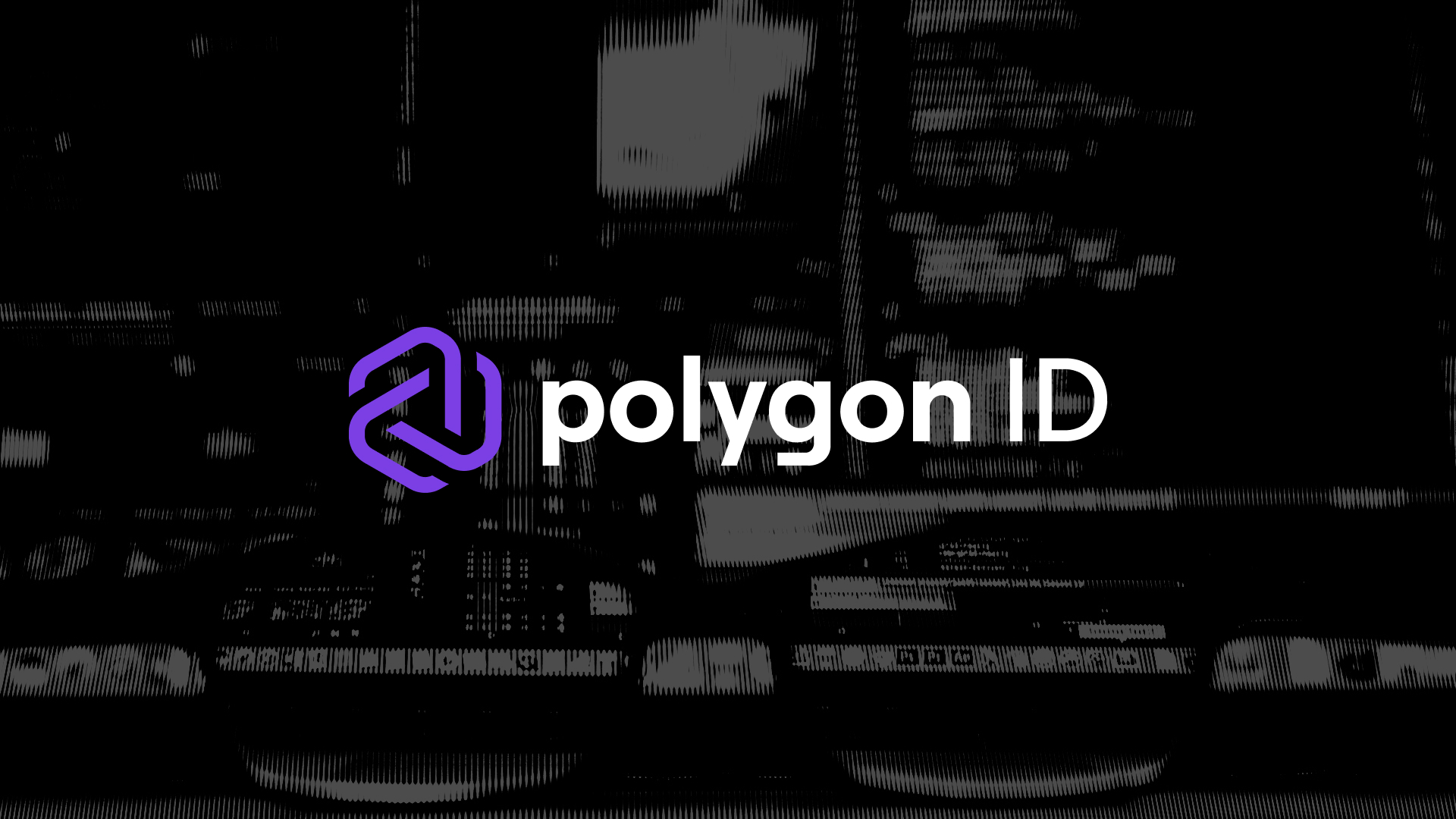Layer-2 scaling solution developer Polygon Labs has launched a new product based on zero-knowledge proofs: Polygon ID. The product operates as an identity infrastructure for facilitating and securing connections between decentralized applications and Web3 users.
According to the developers, Polygon ID will follow principles of self-sovereign identity by default, enabling organizations to issue verifiable credentials on users and recipient organizations to verify such claims through a toolkit built into the identity ecosystem. The product has been in development for over a year since its initial announcement, and this latest release is now publicly available. Polygon also says that they will be releasing an open-source software development kit for Polygon ID.
ZERO KNOWLEDGE IDENTITY FOR WEB3
— Polygon (@0xPolygon) March 1, 2023
The Polygon ID team is excited to announce 4 tools have been released in the #PolygonID Identity Infrastructure to build a more equitable internet that places identity at the center of it.
The future is self-sovereign⛓🪪https://t.co/h66KyDurJE pic.twitter.com/jTBbzBNVJk
Zero-Knowledge identity stacks have been around for some time, and Polygon joins the likes of Quadrata and IDNTTY in the field, resolving the often problematic relationship between privacy and anonymity, especially in the crypto space.
As a non-interactive zero-knowledge proof process, Polygon ID will enable users to send and receive information without compromising their own security and privacy over blockchain transactions. One can think of it as a transactional validation layer without the requirement of personal information within the transaction record, while still retaining provenance and trust both on-chain and off-chain through smart contracts.
“Providing identity in a way that the average consumer can use is the holy grail of digital ID adoption. No other identity solution has been able to provide the scalability needed for mainstream adoption leveraging ZK technology until now," shares Polygon co-founder David Schwartz.
The need to reveal user-specific information has often been been a contentious variable in the crypto space, especially given the proliferation of centralized exchanges which required users to submit proofs of identity via KYC (know-your-customer) frameworks. These frameworks are implemented because of compliance and policy for regulation, often associated or managed by central banks for the financial protection of consumers.
“What sets Polygon ID apart from most other decentralized ID frameworks is its implementation of zero-knowledge technology, allowing users to verify their identities or other credentials without necessarily revealing sensitive information,” Polygon stated.
Polygon claims that their new product can be utilized by developers to "unlock features such as an enhanced signup user interface, assist in regulatory compliance, help verify user identities and restrict access control to certain areas or features via token-gating." The Polygon ID identity infrastructure will be comprised of four primary tools: a Verifier SDK, an Issuer Node, a Wallet SDK and a Wallet App.
Web3 protocols and community management platforms such as Kaleido, Fractal, and Collab.Land have already pledged support for the new infrastructure toolset. Other Web3 and metaverse platforms such as The Sandbox and Guild.xyz are also already creating integrations and onboarding processes for Polygon ID.
Disclaimer: This article is provided for informational purposes only. It is not offered or intended to be used as legal, tax, investment, financial, or other advice.
Investment Disclaimer












